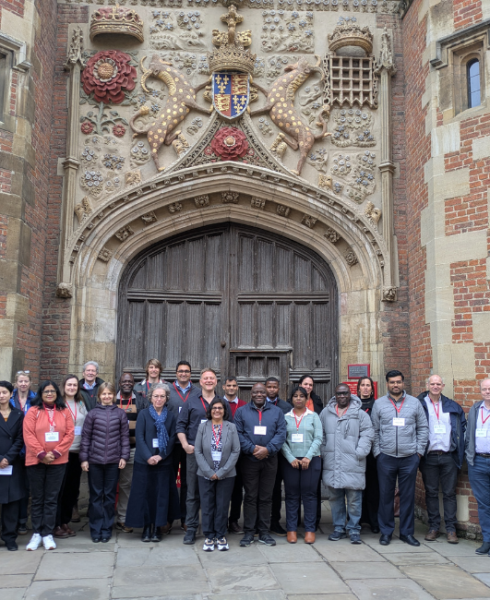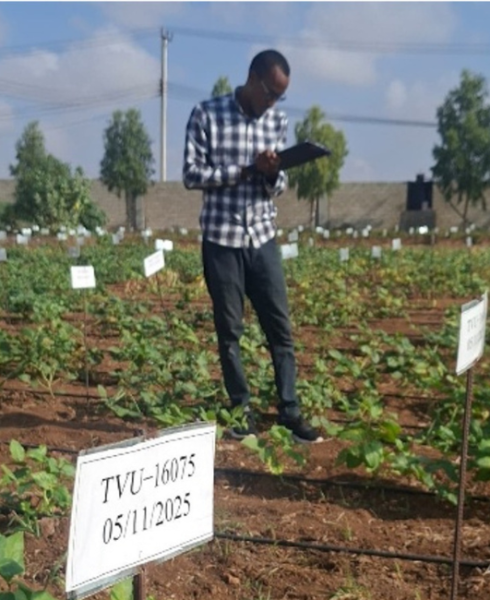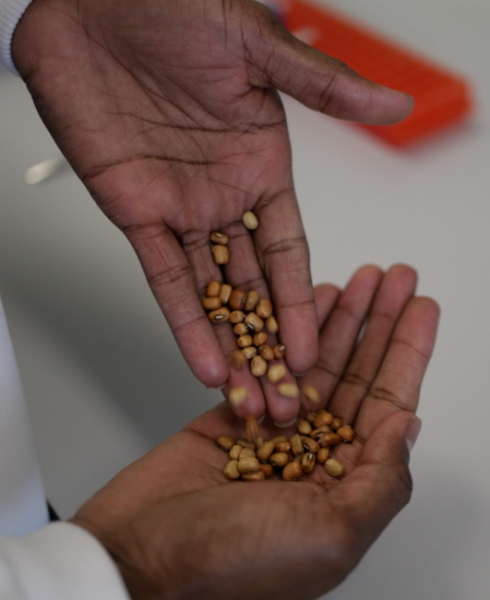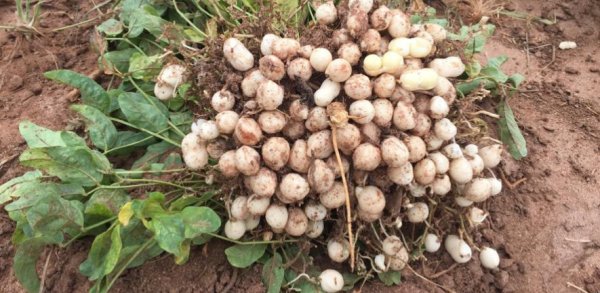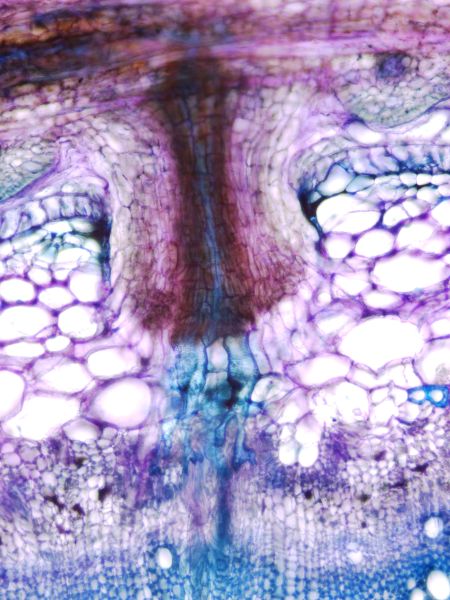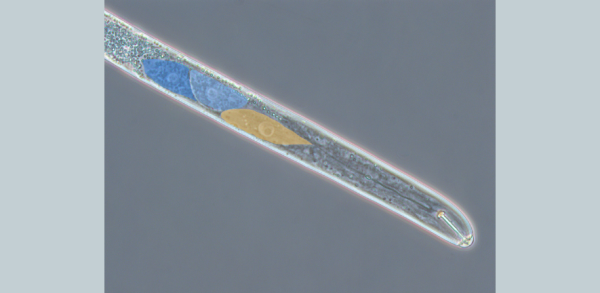On August 12 the Crop Science Centre welcomed the start of Royal Society Fellow, Jeongmin Choi. Alongside the three Crop Science Centre research fellows, Jeongmin will expand the research capability of the centre by setting up a new research group.
Jeongmin Choi – the Plant Nutrition and Signalling Group

About Jeongmin
Jeongmin received her undergrad and master’s degrees at Seoul National University in South Korea where she studied soybean genomics. She then moved to the University of Missouri in the US for her PhD and identified the first plant receptor recognizing extracellular adenosine triphosphate (ATP) as a danger signal. Her interest in crop improvement led her to join Uta Paszkowski’s laboratory at the University of Cambridge as an EMBO long-term fellow and then a Leverhulme Early Career Fellow to understand signaling event between plant and arbuscular mycorrhizal symbiosis at a molecular level.
Jeongmin joined the Crop Science Centre as a Royal Society University Research Fellow and said of the appointment “I am very excited to start my first research group at the Crop Science Centre. The stimulative and collegial research environment motivates me, and I am confident that together we can create a positive impact on food production fuelled by innovative research.”
Describe your new research group:
“My group will aim to understand the role of nutrient signalling in AM symbiosis. This is important since it has the potential to create innovative agricultural practices through a new fertilization strategy that will ensure food security while simultaneously benefiting the environment.”
What problems will this group aim to solve and why are they significant?
Phosphorus is one of the macroelements dictating plant growth, development, and health. Current agricultural productivity is heavily driven by the application of phosphorus fertilizer. However, excess fertilizer pollutes the environment, and phosphorus reservoirs are expected to be depleted soon. By contrast, in nature, 80% of land plants obtain minerals through a mutually beneficial relationship with arbuscular mycorrhizal (AM) fungi. The fungal filaments function as extended roots to forage phosphate in exchange for carbon fixed by photosynthesis. Thus, improving phosphate uptake in crops by using AM symbiosis can offer a solution to our unsustainable dependency on fertilizers.
What are the big challenges in this area of research?
“Applying AM symbiosis to current agricultural practices is challenging as AM symbiosis is inhibited under high phosphate conditions, including common fertilizer regimes. Therefore, my research group aims to unravel how phosphorus sensing and signalling mechanisms regulate AM symbiosis in rice.”
